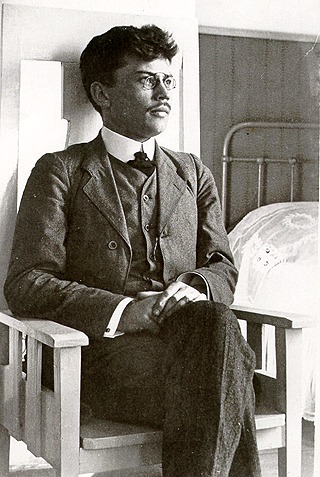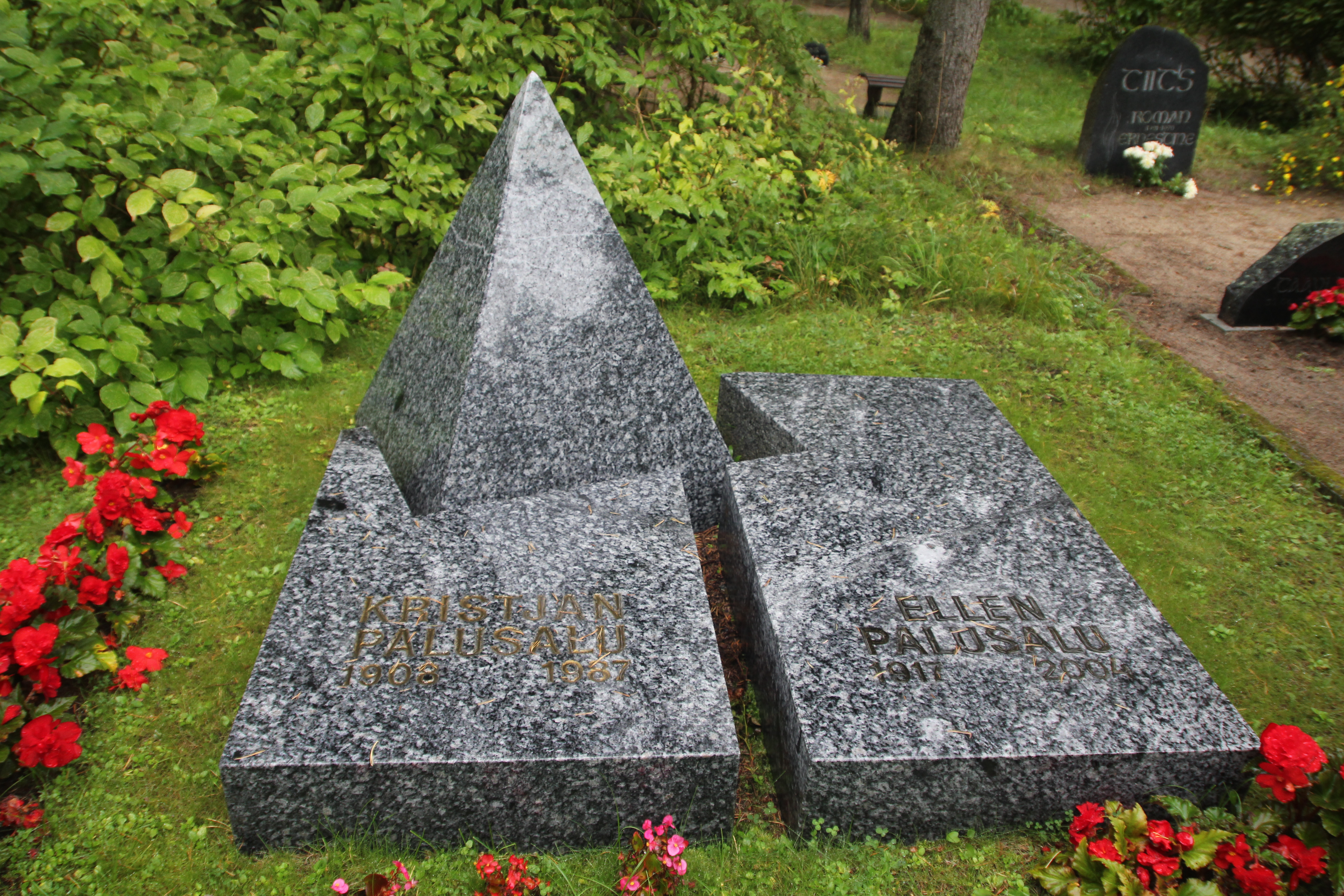|
Estonianization
Estonianisation is the changing of one's personal names from other languages into Estonian. Less often, the term has also been applied in the context of the development of Estonian language, culture and identity within educational and other state institutions through various programmes. Family names Before 1918, when Estonia became an independent country, around halfGeorge Kurman, ''The Development Of Written Estonian'', Routledge 1997, , page 85 of the country's ethnic Estonian population carried foreign language (mostly German) or "foreign-sounding", i.e. non-Estonian surnames. In the 1920s, and especially in the 1930s, the government promoted a nationwide voluntary "surname Estonianization campaign". During the campaign about 200.000 of Estonian citizens chose a new surname to replace their original family name. A smaller part of the people also Estonianized their first name(s) at the same time. The Estonianization of names stopped almost completely after the Soviet Union inv ... [...More Info...] [...Related Items...] OR: [Wikipedia] [Google] [Baidu] |
Paul Ariste
Paul Ariste (3 February 1905 – 2 February 1990) was an Estonian linguist renowned for his studies of the Finno-Ugric languages (especially Estonian and Votic), Yiddish and Baltic Romani language. He was born as Paul Berg, in Rääbise, Võtikvere Parish (now Jõgeva Parish), Kreis Dorpat, Governorate of Livonia, Russian Empire, but in 1927 Estonized his name to Ariste. He graduated from the University of Tartu and subsequently worked with it. Ariste wrote his M.A. thesis ("Eesti-rootsi laensõnad eesti keeles") on Swedish – viz. Estonian Swedish dialect – loanwords in Estonian, his doctoral thesis ("Hiiu murrete häälikud") treated the Hiiumaa dialect of Estonian language. From 1945 to 1946, Ariste was imprisoned by the Soviet authorities (for having been member of '' Veljesto'', a student association in independent Estonia) Since 1927 Paul Ariste eagerly participated in activities of Estonian Folklore Archives, where he established collections of Jewish, S ... [...More Info...] [...Related Items...] OR: [Wikipedia] [Google] [Baidu] |
Kaarel Eenpalu
Kaarel Eenpalu (until 1935 Karl August Einbund; – 27 January 1942) was an Estonian journalist, politician and head of state, who served as 7th Prime Minister of Estonia. Early years Eenpalu was educated at the Hugo Treffner Gymnasium in Tartu. Between 1909 and 1914 he studied law at the University of Tartu, and later graduated from Imperial Moscow University. From 1910 to 1912 and in 1915 he was member of the editorial board of the ''Postimees'' ("The Postman") daily in Tartu, in 1918 editor of ''Postimees'', in 1920 editor-in-chief of ''Tallinna Teataja'' ("The Tallinn Gazette") daily, and in 1924 editor-in-chief of the ''Kaja'' ("Echo") newspaper. Eenpalu was active in World War I, serving as a battery commander in the 1st Estonian Artillery Regiment in 1917 and 1918. During the Estonian War of Independence in 1918–1919, he first commanded the Tartu High School students' battalion, and then a battery in the 2nd Estonian Artillery Regiment. Political career Eenpa ... [...More Info...] [...Related Items...] OR: [Wikipedia] [Google] [Baidu] |
Estonian Language
Estonian ( ) is a Finnic language and the official language of Estonia. It is written in the Latin script and is the first language of the majority of the country's population; it is also an official language of the European Union. Estonian is spoken natively by about 1.1 million people: 922,000 people in Estonia and 160,000 elsewhere. Classification By Convention (norm), conventions of historical linguistics, Estonian is classified as a part of the Finnic languages, Finnic (a.k.a. Baltic Finnic) branch of the Uralic languages, Uralic (a.k.a. Uralian, or Finno-Ugric languages, Finno-Ugric) language family. Other Finnic languages include Finnish language, Finnish and several endangered languages spoken around the Baltic Sea and in northwestern Russia. Estonian is typically subclassified as a Southern Finnic language, and it is the second-most-spoken language among all the Finnic languages. Alongside Finnish, Hungarian language, Hungarian and Maltese language, Maltese, Estonian is ... [...More Info...] [...Related Items...] OR: [Wikipedia] [Google] [Baidu] |
Estonia
Estonia, officially the Republic of Estonia, is a country in Northern Europe. It is bordered to the north by the Gulf of Finland across from Finland, to the west by the Baltic Sea across from Sweden, to the south by Latvia, and to the east by Russia. The territory of Estonia consists of the mainland, the larger islands of Saaremaa and Hiiumaa, and over 2,300 other islands and islets on the east coast of the Baltic Sea. Its capital Tallinn and Tartu are the two largest List of cities and towns in Estonia, urban areas. The Estonian language is the official language and the first language of the Estonians, majority of its population of nearly 1.4 million. Estonia is one of the least populous members of the European Union and NATO. Present-day Estonia has been inhabited since at least 9,000 BC. The Ancient Estonia#Early Middle Ages, medieval indigenous population of Estonia was one of the last pagan civilisations in Europe to adopt Christianity following the Northern Crusades in the ... [...More Info...] [...Related Items...] OR: [Wikipedia] [Google] [Baidu] |
Ants Eskola
Ants Eskola (17 February 190814 December 1989, known until 1935 as Erhard-Voldemar Esperk)Eskola 1986: 7 was a Soviet and Estonian actor, singer and artist. He appeared in 25 films from 1930 to 1979. People's Artist of the USSR People's Artist of the USSR, also sometimes translated as National Artist of the USSR, was an honorary title granted to artists of the Soviet Union. The term is confusingly used to translate two Russian language titles: Народный арти ... (1964). His younger brother was actor Olev Eskola. References External links * Estmusic.com On this website it's possible to listen to various Estonian singers from 1930s, including Ants Eskola. 1908 births 1989 deaths Male actors from Tallinn Singers from Tallinn People from Kreis Harrien Estonian male film actors 20th-century Estonian male singers Soviet male actors Estonian Academy of Arts alumni Estonian Gulag detainees People's Artists of the USSR People's Artists of the Estonian Soviet ... [...More Info...] [...Related Items...] OR: [Wikipedia] [Google] [Baidu] |
Ants Laikmaa
Ants Laikmaa (5 May 1866, Araste – 19 November 1942, Kadarpiku) was an Estonian painter. Life Ants Laikmaa (until 1935 Hans Laipman) was born at the Paiba farm in Araste, Märjamaa Parish village. He was the 13th child of a poor Estonian family. He attended schools in Velise, Haapsalu, and Lihula. His mother died when he was a child. Laikmaa discovered early his interest in painting. He studied from 1891 to 1893 and 1896/97 at the Kunstakademie Düsseldorf, Düsseldorf Art Academy. From 1897 to 1899 he was working in Düsseldorf. He is associated with the Düsseldorf school of painting. In the autumn of 1899, he returned to Tallinn. From 1900 to 1907 Laikmaa worked as an artist in Tallinn and Haapsalu. His study led him to Belgium, France, Austria, Finland, and the Netherlands. In 1901, he organized the first-ever Estonian art exhibition in Tallinn, followed by the first art exhibition in Tartu in 1906. In 1903, he founded a studio in Tallinn, where his students included Otto K ... [...More Info...] [...Related Items...] OR: [Wikipedia] [Google] [Baidu] |
Friedebert Tuglas
Friedebert Tuglas, born Friedebert Mihkelson or Michelson (2 March 1886 – 15 April 1971), was an Estonian writer and critic who introduced Impressionism and Symbolism to Estonian literature. Persecuted by the authorities in the beginning of 20th century, he later became an acknowledged representative of Estonian literature in the Soviet era. Biography Tuglas was born in Ahja, the son of a carpenter, and studied at the Hugo Treffner Gymnasium from 1904 to 1905. After imprisonment for revolutionary activities, he went into exile in 1906, living in Finland, Germany, Belgium, Switzerland and France, before returning to Estonia in time for the February revolution of 1917.Friedebert Tuglas Database of Estonian Writers, retrieved 19 February 2015 His most famous short story is ''Popi ja Huhuu''. He was the member of the [...More Info...] [...Related Items...] OR: [Wikipedia] [Google] [Baidu] |
Kristjan Palusalu
Kristjan Palusalu (until 1935 Kristjan Trossmann, – 17 July 1987) was an Estonian heavyweight wrestler and Olympic winner. Palusalu became the first and only wrestler in Olympic history ever to win both the Greco-Roman and freestyle heavyweight events. Palusalu was born in Varemurru village, Saulepi Parish, Lääne County (now Matsi village, Lääneranna Parish, Pärnu County) as one of eight children to Jüri and Liisu Trossmann. He is best remembered for winning two gold medals at the 1936 Summer Olympics in Berlin. He was given the honor of carrying the Estonian flag to the Olympiastadion. The triumph was celebrated across Estonia with Palusalu and other Estonian athletes touring the country by rail giving speeches. A third of the inhabitants of Tallinn turned out to greet him and the Estonian government granted him a farm. After the Soviet Union occupied Estonia in 1940, Palusalu was sent to hard labour in Kotlas, Russia in 1941. He tried to escape with other p ... [...More Info...] [...Related Items...] OR: [Wikipedia] [Google] [Baidu] |
Government Of Estonia
The Government of the Republic of Estonia (''Estonian language, Estonian: Vabariigi Valitsus'') is the cabinet (government), cabinet of Estonia. Under the Constitution of Estonia, Constitution, it exercises executive power pursuant to the Constitution and laws of Estonia. The cabinet carries out the country's domestic and foreign policy, shaped by parliament (Riigikogu); it directs and coordinates the work of government institutions and bears full responsibility for everything occurring within the authority of executive power. The government, headed by the Prime Minister of Estonia, Prime Minister, thus represents the political leadership of the country and makes decisions in the name of the whole executive power. The following duties are attributed to the cabinet by the Constitution of Estonia: # executes the domestic and foreign policies of the state; # directs and coordinates the activities of government agencies; # administers the implementation of laws, resolutions of th ... [...More Info...] [...Related Items...] OR: [Wikipedia] [Google] [Baidu] |
Social History Of Estonia
Social organisms, including human(s), live collectively in interacting populations. This interaction is considered social whether they are aware of it or not, and whether the exchange is voluntary or not. Etymology The word "social" derives from the Latin word ''socii'' ("allies"). It is particularly derived from the Italian ''Socii'' states, historical allies of the Roman Republic (although they rebelled against Rome in the Social War of 91–87 BC). Social theorists In the view of Karl Marx,Morrison, Ken. ''Marx, Durkheim, Weber. Formations of modern social thought'' human beings are intrinsically, necessarily and by definition social beings who, beyond being "gregarious creatures", cannot survive and meet their needs other than through social co-operation and association. Their social characteristics are therefore to a large extent an objectively given fact, stamped on them from birth and affirmed by socialization processes; and, according to Marx, in producing and reproduci ... [...More Info...] [...Related Items...] OR: [Wikipedia] [Google] [Baidu] |




